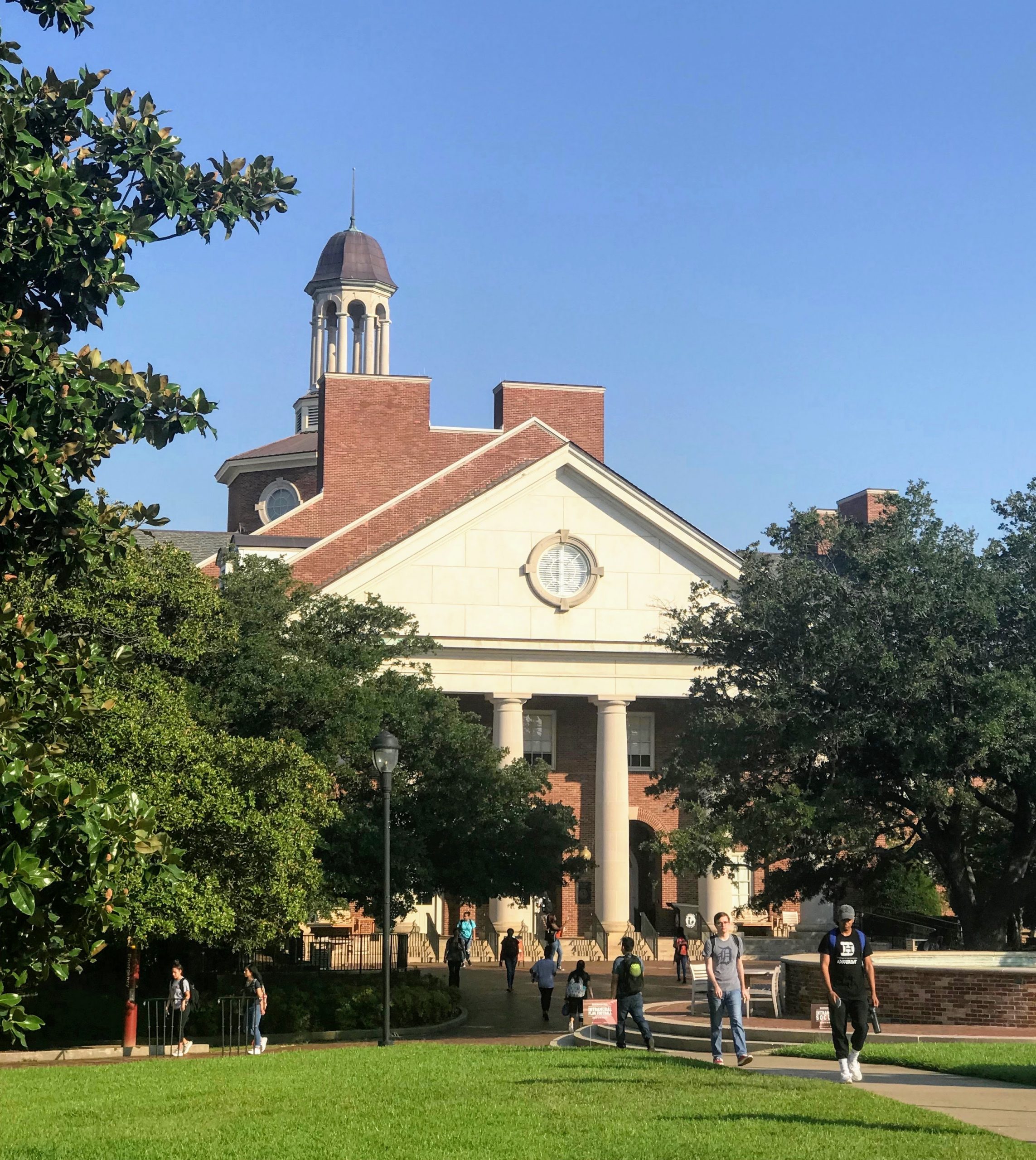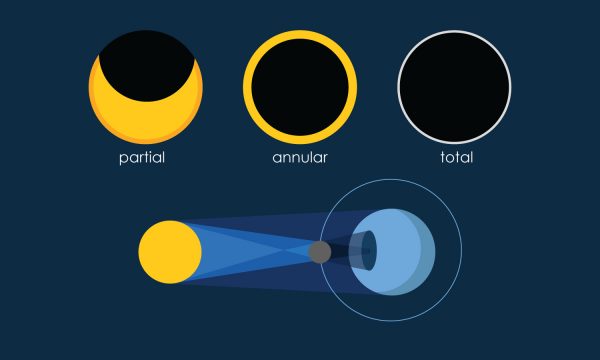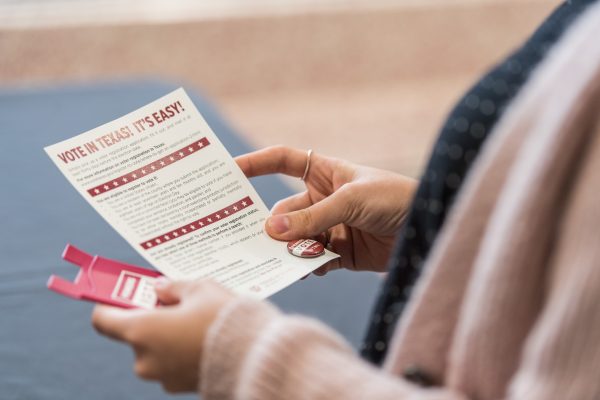Some at Texas Woman’s University are already expecting their classes to be moved fully online for fall 2020, but uncertainty still remains for most students and faculty as department heads discuss the best response to continuing COVID-19 concerns.
An email from Dr. Brigitte Vittrup – professor and assistant chair for the Department of Human Development, Family Studies, and Counseling – notified students that 100% of HDFS undergraduate courses will be online for the upcoming fall semester. According to the email, the department’s decision aims to fully prepare students and instructors for online instruction and “lingering or new effects of the current pandemic.”
“We’ve been in frequent contact with our college dean, and we’re encouraged to move – to start moving classes online for the fall – because what we’re hearing just from the experts on infectious diseases is that while the restrictions might be lifted, it’s possible that there might be a flare up again in the fall,” Vittrup said.
HDFS department’s email, sent April 9, came almost two weeks prior to warnings from Centers for Disease Control and Prevention director Robert Redfield, preparing U.S. officials for the coronavirus outbreak to coincide with flu season during the fall and winter months. Vittrup said that, while the provost and other academic leaders meet regularly to discuss the implications a fall flare-up may have on TWU courses, she expects that there will be other TWU departments that follow suit.
“We just decided to make the decision early on to prepare students and instructors ahead of time,” Vittrup said. “We don’t really know when we can go back, so everything is very uncertain. We’re really just doing it in the best interest of our students to try to protect everybody and just be safe.”
For junior Family and Consumer Sciences major Abi Dillon, the main obstacle of HDFS’s decision is that she does not know whether her classes for her education minor will be moved online, too.
“I don’t really mind classes being moved online because I like online classes,” Dillon said. “The biggest problem I have with it is only half my classes actually got moved online. All of my [education] minor classes are still on campus.”
TWU considers their campus-wide fall circumstances alongside other universities. According to data from the AACRAO Impact of COVID-19 on Practice Report #2, 58% of institutions are considering or have already decided to remain fully online for fall 2020. As universities weigh their options, college students nationwide share similar concerns about tuition prices, online education and the unforeseeable future the virus has created.
“We are having ongoing discussions in the Chancellor’s Cabinet and among the academic affairs leaders about how to handle fall,” Dr. Carolyn Kapinus, executive vice president for academic affairs and provost, said. “We want to balance the kind of social contact and class experiences that students value with negotiating safety and health concerns as we are likely to be dealing with COVID-19 for the foreseeable future.”
Kapinus said administrators want to know what concerns students have, as well as what students would like to see for the fall. Dillon said moving classes online now, rather than later, helps to get a clearer picture.
“I think it is hard to guess what the world will look like in the fall,” Dillon said. “I appreciate that [HDFS] went ahead and made the decision, because now I know at least what part of my life will look like in a couple of months. I don’t have to worry all summer about whether it is going to switch last minute or not.”
This certainty in the midst of uncertainty is what Vittrup said the department sought out when making an early decision to push all classes online. For HDFS students, their biggest issues have been practicum hours and assignment modification, but Vittrup said that the email has hardly sparked any student response.
“We haven’t had too many students contact us yet, but we certainly are available to talk to any students,” Vittrup said. “We want to hear whatever concerns they have about it.”
Despite the radio silence so far, Vittrup urges students worried about moving online to reach out to their adviser or the department so their concerns can be accommodated.
Katelyn Garst can be reached at rgarst@twu.edu.
Featured Image: The Blagg Huey Library at The Texas Woman’s University in Denton on Tuesday, September 3, 2019. Photo by Sarah Pham.







Hoping the nutrition department or school as a whole follows this great pioneer leadership. It would be nice to have this feeling of certainty and safety!
I worry about struggling academiclly without access to the library or science labs. Study groups and SLRC has been what has gotten me through my classes so far, I can’t imagine completing my classes without those resources.